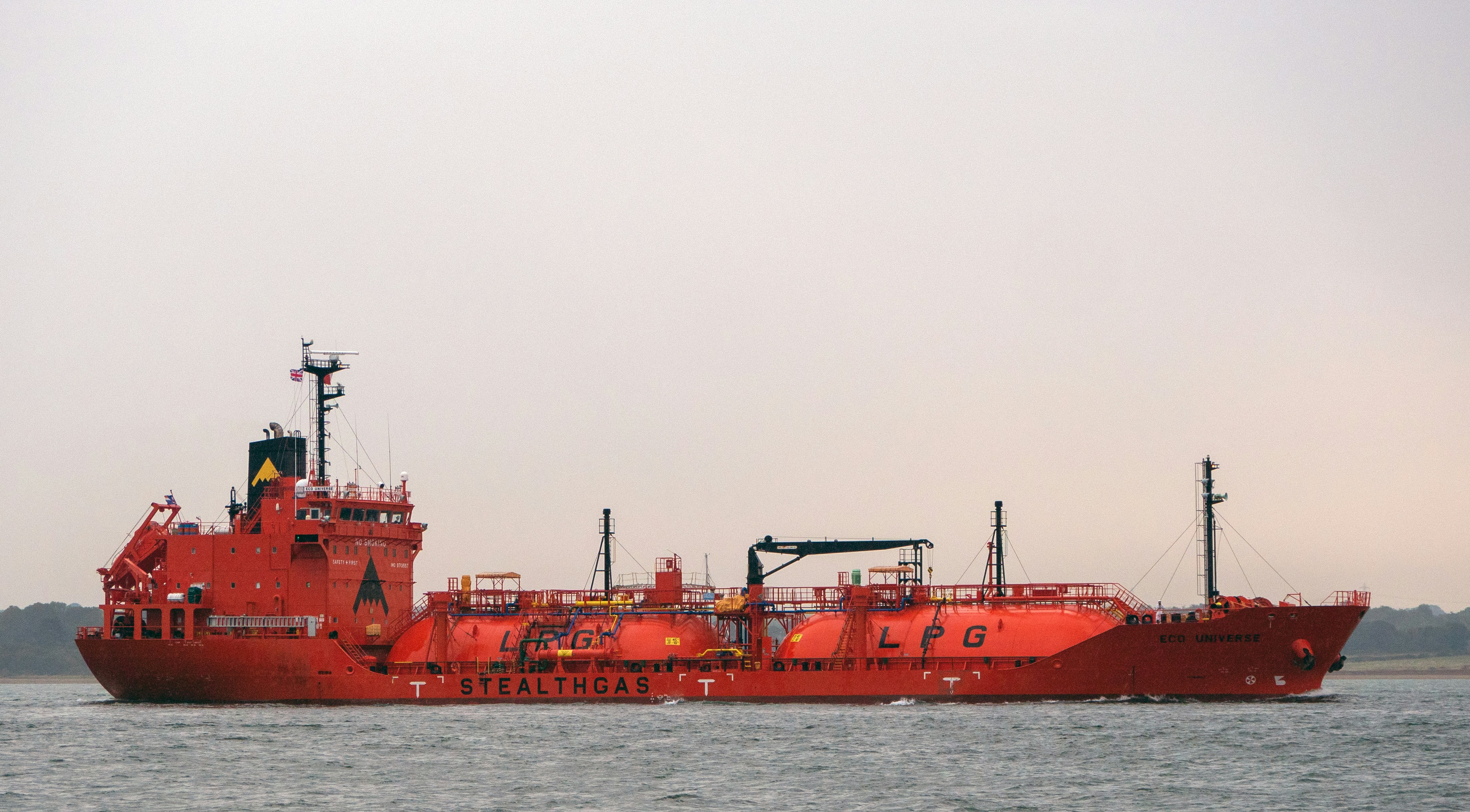US LNG Vs. European Reality: The Limits Of Expanding Transatlantic Gas Trade

The United States has emerged as a major exporter of liquefied natural gas (LNG), positioning itself as a critical supplier for energy-hungry regions like Europe. As geopolitical tensions and supply disruptions reshape global energy markets, the European Union faces mounting pressure to increase imports of US LNG. However, despite growing demand and political incentives, structural, logistical, and economic barriers make it difficult for Europe to significantly expand its purchases of American gas. These limitations highlight the complexities of balancing energy security, market realities, and geopolitical expectations.
Europe’s Energy Landscape
Europe relies on a diversified energy mix to meet its consumption needs, combining natural gas, renewables, nuclear power, and coal. In recent years, the region has prioritized reducing dependence on Russian gas following sanctions and supply disruptions caused by geopolitical conflicts. While LNG imports from the US have increased, they represent only a fraction of Europe’s total energy needs.
Key suppliers such as Qatar, Algeria, and Norway continue to play a dominant role, alongside efforts to expand renewable energy sources. These dynamics underscore the difficulty of rapidly replacing traditional energy suppliers with US LNG while maintaining stable and affordable supplies.
Barriers to Expanding US LNG Imports
Infrastructure Challenges
One of the most significant obstacles to importing more US LNG is Europe’s limited infrastructure. LNG must be transported via specialized ships and processed at regasification terminals upon arrival. However, many European countries lack the necessary terminal capacity to handle large volumes of LNG. Expanding these facilities requires significant time and investment, delaying any immediate increase in imports.
Storage facilities also face capacity constraints, particularly during peak demand periods in winter. Without adequate storage and regasification infrastructure, Europe’s ability to absorb additional US LNG remains restricted.
Pricing and Market Dynamics
US LNG often comes at a higher cost than pipeline gas from Europe’s neighbors. The long distances involved in transporting LNG across the Atlantic increase shipping expenses, and competition from Asia—a key market for US exports—drives prices even higher. Moreover, the global LNG market’s volatility can make securing long-term, affordable contracts challenging.
Another issue is the difference in pricing models. European buyers often favor spot market purchases for flexibility, while US LNG producers prefer long-term contracts to secure revenues. This mismatch complicates negotiations and limits trade growth.
Logistical Issues
The logistics of LNG transport add another layer of complexity. Shipping LNG across the Atlantic requires specialized carriers, which are in limited supply. Supply chain bottlenecks and high demand for these vessels further strain the system, reducing Europe’s ability to scale up imports quickly.
Geopolitical and Policy Factors
US Pressure on the EU
The US has pushed for greater LNG exports to Europe, with former President Donald Trump even threatening tariffs if the EU failed to step up its purchases. While Europe’s imports of US LNG have grown, these demands strain transatlantic relations, raising questions about whether the pressure aligns with Europe’s broader energy goals.
Europe’s Energy Sovereignty
The EU remains committed to diversifying its energy sources to avoid over-reliance on any single supplier, including the US. European policymakers are also focused on transitioning to renewables, aiming to reduce fossil fuel dependence altogether. This long-term strategy runs counter to the idea of dramatically increasing LNG imports from any source, including the US.
The Broader Implications of Limited US LNG Imports
Europe’s inability to significantly expand US LNG imports has implications beyond energy markets. For the US, this limitation could dampen expectations of leveraging LNG exports as a geopolitical tool. For Europe, the challenges highlight the difficulty of balancing energy security with sustainability goals and fiscal constraints.
Additionally, global competition for LNG supplies means that other regions, such as Asia, will continue to influence pricing and availability. This interconnected market dynamic underscores the need for Europe to prioritize infrastructure investment and diversified sourcing strategies.
Conclusion
While US LNG offers an important alternative for Europe’s energy needs, structural, logistical, and economic barriers prevent it from becoming a dominant solution in the short term. Limited infrastructure, high costs, and geopolitical complexities make it clear that transatlantic LNG trade faces significant hurdles.
Europe must balance immediate energy demands with long-term goals for sustainability and independence. Investing in infrastructure, fostering diverse energy partnerships, and addressing market inefficiencies will be key to ensuring energy security in a rapidly changing global landscape. For now, US LNG remains a valuable but constrained component of Europe’s energy strategy.
Author: Gerardine Lucero
Copper's Comeback: Inside BHP And Lundin's Argentine Asset Acquisition
Copper, often dubbed "the metal of electrification," is experiencing a resurgence in demand due to its critical role in ... Read more
Revitalizing Commodities: How Clean Energy Is Breathing New Life Into A Stagnant Market
The commodities market, traditionally a cornerstone of investment portfolios, has experienced a decade of stagnation. Ho... Read more
European Airports Disrupted By Escalating Climate Protests
Climate activists have escalated their protests at European airports, blocking runways and causing flight disruptions in... Read more
Hungary's Russian Oil Dilemma: Why Brussels Is Cautious In Offering Support
Hungary's reliance on Russian oil has led it to seek support from Brussels to ensure continued access to this crucial en... Read more
Unveiling China's Secret Commodity Stockpiles: What Lies Ahead?
Xi Jinping's extensive reserves of grain, natural gas, and oil hint at future challenges.In a move shrouded in secrecy, ... Read more
Copper Miners Brace For Industry Overhaul As End Users Seek Direct Deals
The copper mining industry is bracing for a significant overhaul as end users, including cable manufacturers and car com... Read more

